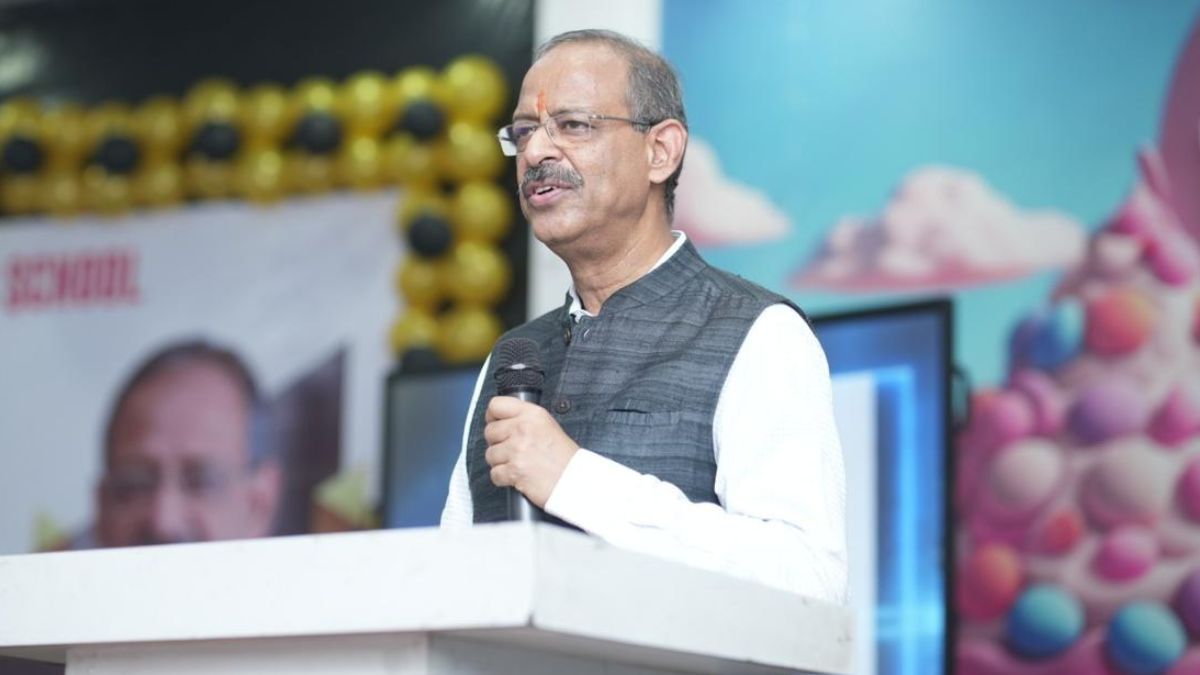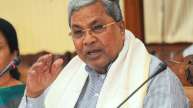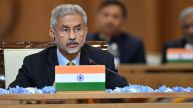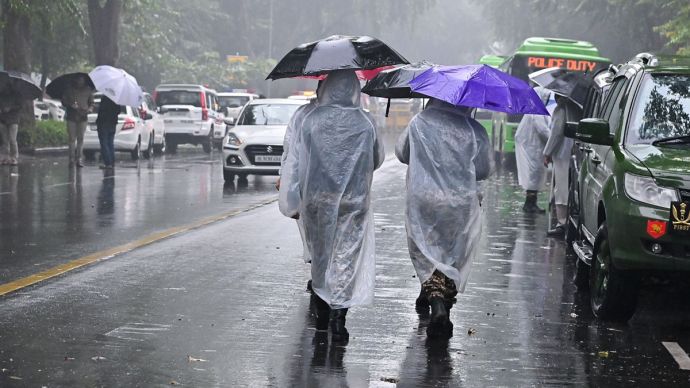Anil Swarup is a 1981-batch IAS officer of Uttar Pradesh cadre, who has held prominent positions, including the Coal Secretary of India, and School Education Secretary of India. In addition, he has also established himself as a published author, with several books to his credit, including “Not Just A Civil Servant”, “Ethical Dilemmas Of A Civil Servant”, and “Encounters With Politicians”.
In this exclusive conversation with News24’s Akshat Mittal, Anil Swarup has talked about the Politics-Bureaucracy dynamics.
Let’s delve deeper into the conversation to gain more insights.
Conversation With Anil Swarup: Excerpts
Question: To what extent do you think politicians influence bureaucratic decisions?
Answer: By and large, the ultimate decision-maker in major policy decisions is the politician, so they are the decision-maker. Ultimately, it’s not just a matter of influencing; they are the decision-makers. The question is whether civil servants can present their points of view in a way that allows them to influence decisions that should be made by politicians.
Question: As the former education secretary of India, which state do you believe is making the most significant progress in education?
Answer: Each state has a different historical background. For example, Kerala has historically been more literate than states in the North. Their focus on education has been greater than in the northern states, and that is the historical reason behind it. Therefore, I cannot compare Kerala with states in the North. The historical context there was different, with education not receiving as much prominence as it did in some of the southern states like Tamil Nadu and Kerala. However, I would say that each of these states is progressing, though comparison would be difficult.
Question: Has Uttar Pradesh made strides in moving beyond the “Nakal Era” under the Yogi government?
Answer: In some cases, Uttar Pradesh has done very well. For example, Nakal (cheating) was one of the biggest problems in the state, and I personally saw that it has been addressed. They are also working hard on other areas, including improving the quality of teachers, as teachers are the requisite for schools. UP has made significant progress in recruiting the required number of teachers and training them.
Question: What led to the creation of the widely acclaimed Rashtriya Swasth Bima Yojna (RSBY)? Did political will play a significant role in its implementation?
Answer: In a country like ours, which is fortunately a democracy, political will plays a very, very important role. If there’s no political will, then things will not happen. As I say, political acceptability of any idea is absolutely imperative for it to travel any distance. So it was the same with RSBY. The original announcement of a health insurance scheme was made by the Prime Minister himself from the ramparts of the Red Fort, and it was thereafter that the scheme was formulated.
Without the requisite support from the politicians, especially the ministers I had, whether it was Oscar Fernandes or Mallikarjun Kharge, I don’t think the scheme would have made much progress operationally. To drive the scheme, I believe it is crucial to have support from both the politicians at the center and the Chief Ministers at the state level.
Question: Which Indian politician allowed you the freedom to work independently and implement the schemes freely?
Answer: While working in the Secretariat in Uttar Pradesh, I was assisting the Chief Ministers. I was a part of the Secretariat, so I was not part of the implementation team. When I came to the center for the Government of India, I was involved in the implementation of some schemes. I got immense support from Oscar Fernandes, Mallikarjun Kharge, and Prakash Javadekar. When I was Coal Secretary, I got all possible support from Piyush Goyal. I was fortunate to work under such good ministers.
Question: What advice would you give to aspiring bureaucrats on navigating the politics-bureaucracy dynamic?
Answer: I would advise them to focus on themselves. They should do whatever they find right and be ready for the consequences.












